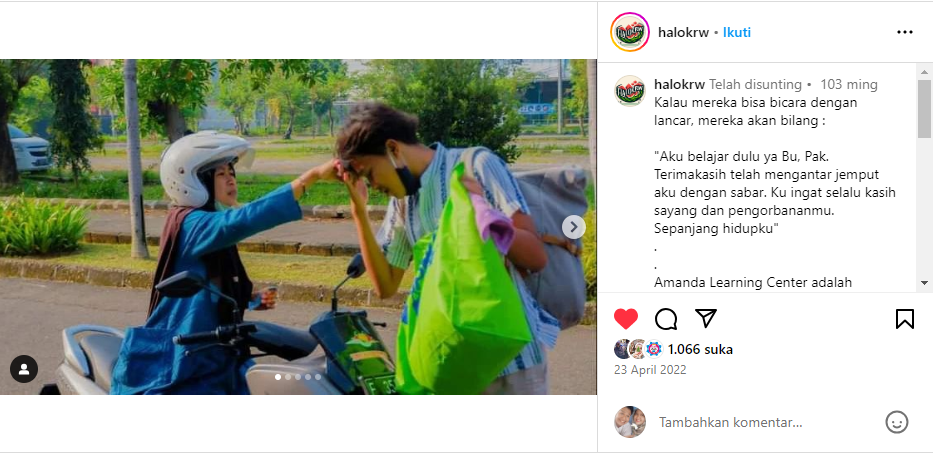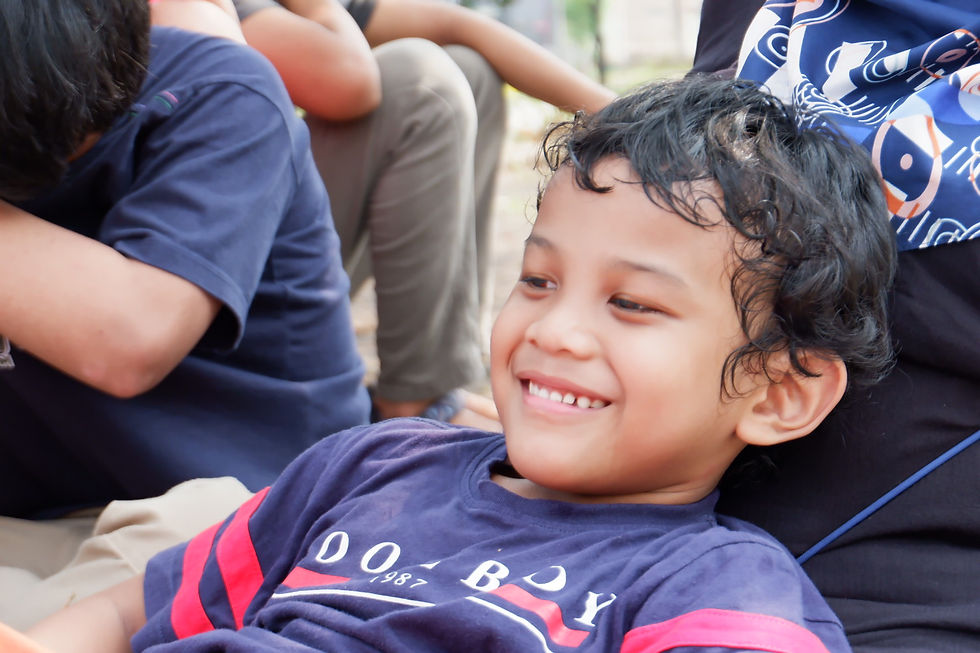Anti-Bullying Programs in Schools
- Aisyah Nurcholish
- Feb 24, 2022
- 5 min read
Psychology Today | Most schools have regulations relating to bullying. However, even though it is very important to make rules, in reality it is not regulations that change people, but humans change people.
Children who have difficulty getting along do not immediately have social skills after seeing the rules. A child who often behaves in a domineering manner will also not change overnight just because the rules have been posted on the school poster.
CASEL Studies (2011) have confirmed that students who are involved in social and emotional learning (SEL) show strong social skills, show less involvement in conflict and emotional stress, have more good attitudes towards friends at school, achieve more, and get a lot of achievements in the academic field.
The SEL program helps develop social conditions that minimize bullying. An effective anti-bullying program in schools focuses on five keys:
1. Social Management
Sometimes, the child will feel pressured by intense negative feelings such as anger, sadness, fear, or frustration. These feelings are channeled through aggressive behavior which can then harm other children. Learning to manage strong feelings constructively is a stage that children must go through so that no party is harmed.
Both the bullied and the bullied child need the ability to manage stress and impulses. Emotional management programs help children learn tricks of self-regulation and self-soothing.
2. Empathy
Empathy is the ability to stand where others stand—the ability to understand other people's thoughts and feelings in a given situation. In bullying prevention, empathy is an important ability in bullying prevention. This is because children who bully often give "rewards" to themselves, such as feeling stronger than other children or having control over others. As a result, they become blind to the impact of what they do.
The SEL program focuses on deepening empathy which has a preventive role against bullying, because empathy teaches children to understand each other humanely, not as rivals in the "game of popularity". Empathy makes children pay close attention to what other people think and feel.
3. Problem Solving and Conflict Resolution Skills
bullying -free school culture is not the same as building an environment without conflict at all. Conflict is an important part of human interaction, and conflict can be productive when it helps children see problems from multiple perspectives. The key to the SEL Anti Bullying Program is to train children's problem solving skills that help them control inevitable problems independently and respectfully. Research shows that conflict de-escalation is more effective than aggressive, retaliatory, and reactive responses. (Wilton, et al, 2000).
4. Assertiveness
Assertiveness is a communication style that is conveyed politely and clearly without expressing negative emotions (Long, Long & Whitson, 2008). In contrast to the character of aggression that surrounds bullying which is very destructive to human relationships because it hurts and humiliates others, assertiveness builds positive relationships through an honest and respectful approach. As children learn and hone their assertiveness skills, they will be able to communicate clearly, negotiate conflicts independently, reduce social pressure, fulfill their own desires, and communicate effectively with parents and peers.
5. Build Friendship
For school-age children, friendship creates a strong sense of belonging and belonging. A
vital component of the SEL program, especially in the context of bullying prevention, is to assist children in both making friends and choosing positive friendships. The friendship-building process consists of two components:
a. Making New Friends:
For most children, the ability to form new friendships comes naturally, much like breathing. But for some other children, getting along is a very difficult thing. We know that painful rejection can seize opportunities for the child to interact with friends, who in doing so develop healthy social skills. Healthy social skills are rooted in social support . Children who are bullied find themselves trapped in a cycle of rejection, exclusion, and isolation. ESL programs can be very effective in teaching children who have social difficulties to practice pro-social skills. At the same time, it is very important to keep in mind that the SEL program is not limited to only children who are bullied, nor is it a program to teach children to "behave normally" so that they do not become victims. In contrast, comprehensive SEL embraces all students, and focuses on forging children to face social dynamics.
b. Choosing Positive Friendships:
For many students, school can be a less friendly place to find and form friendship bonds. Competition on the social ladder at school can be so intense that some children do the opposite, namely by bullying their friends so they can be at the top of the social hierarchy at school. One of the easiest but most powerful things adults can do for children is to make it easier for them to form positive friendships outside of school with their peers. Both teachers and parents can play a vital role in networking, forming friendships among neighbors, on sports teams, at extracurricular clubs, with youth organizations, or at art exhibitions. As a result, parents can expose their children to many social groups and various social circles. When the child has interacted with friends who have a positive impact. When the child is successfully connected, the next thing parents can do is help the child maintain that positive friendship.
At the same time, parents can teach their children the ability to find positive relationships that will be beneficial for children until old age. In childhood, children tend to search for social circles intuitively; they choose friends based on decisions to play with, for example, children who have the same toys, or who are nice to them.
However, as children mature, the social dynamics they face will become more complex, and the motivation to seek new social circles will be stronger. It is not surprising that children aged 6 elementary to junior high school choose relationships based on social status alone. The logic behind it is as follows:
He's popular. Therefore, if I become friends with him, I can become popular too. She is popular, so if I can become her friend, I will be popular too. Or vice versa:
He's not cool and not cool. I like being friends with him, but if I stay with him, people will think I'm ugly too. So, I'm not going to chat with him anymore.
There is even a mindset that tolerates toxic associations such as: He was mean to me. He mocked and badmouthed me every day. But if I'm no longer friends with him, I'll be alone. So maybe I should just endure the way he treats me.
It's sad when children lose their social instincts as they grow, unlike when they first enter the social circle. For some, it takes a long time for them to choose friends based on nature rather than social status. Parents can prevent their child from sinking into a toxic circle of association by influencing their child to hang out with only good friends.
There is no research evidence to indicate that academic grades shape children who are truly ready for adulthood after graduation, even though societal pressures on children about academic problems are very strong. On the other hand, there is abundant evidence that having good social skills results in positive energy in children both during school and after graduation (Winner, 2013). Integrating socio-emotional science into school curricula, from early childhood through high school graduation, is a cutting-edge way to equip children with the skills they need to deal with bullying and to deal with a wide variety of intrapersonal interactions.[ ]



Comments